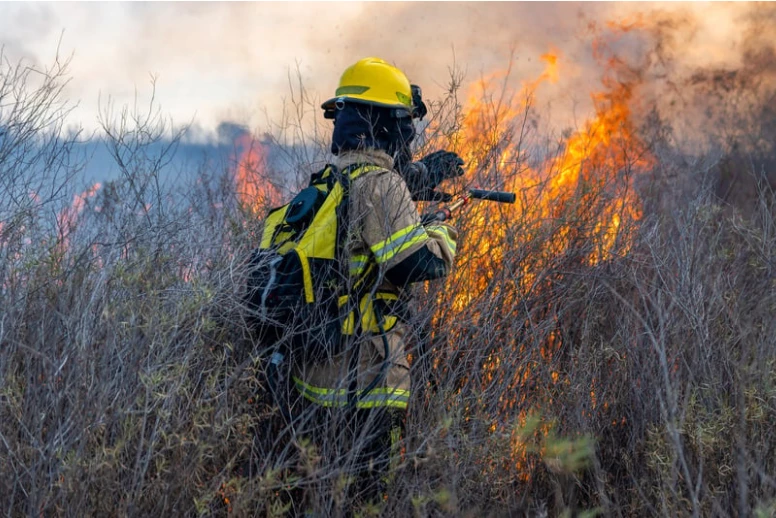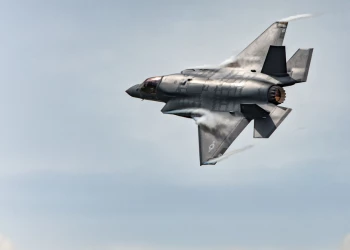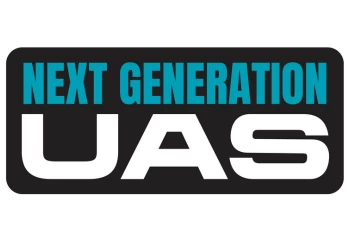In Brief: B-52 Goes Digital; Lockheed Talks Sequestration; TBI Update
Add bookmarkBOEING IS providing an upgraded communications system for U.S. Air Force B-52 bombers so aircrews can send and receive information via satellite links, allowing crews to change mission plans and retarget weapons in flight.
Until now, mission information has been uploaded to a B-52 only before a flight, not during. The upgrade, one of the largest improvements to the bomber fleet, will therefore significantly improve B-52 effectiveness and flexibility.
Boeing B-52 program director Scot Oathout said: "We are bringing this amazing workhorse of a bomber into the digital age and giving our customer the infrastructure necessary for continued future improvements."
The upgrade will be done through a new $76 million Combat Network Communications Technology (CONECT) contract.
Other improvements will include a state-of-the-art computing network with workstations at each crew position and an integrated digital interphone with increased capacity; it will enable crew members to talk to one another on headsets with noise-cancelling technology.
LOCKHEED MARTIN, which is based in Bethesda, Maryland, issued a statement on sequestration uncertainty on Wednesday. It said: "We deeply regret the effect that sequestration is having on our dedicated and hard-working employees. For more than 100 years, our highly talented people have designed and built state-of-the art systems that deliver next generation technology vital to our nation’s security and to the world.
"While we await more specific direction from our government customers, we are concerned with the lack of progress toward a solution to reverse the negative impacts of sequestration. We continue to assess the likely impact that sequestration will have on our programs and have taken steps to manage its effect on our employees and our business.
"However, while we understand that the impacts are likely to play out over a period of time, we continue to believe that sequestration will lead to furlough in some situations and could trigger layoffs resulting in WARN notices to thousands of our current employees. This is a very difficult time for our employees and their families, and the thousands of supplier companies that we depend on to support our customers’ mission.
"The fiscal impasse continues to greatly complicate our ability to plan, make necessary capital investments, and recruit and hire the next generation of science and engineering talent. We urge our elected leaders to make it a priority to reverse sequestration before it causes more serious damage and find a more workable and permanent solution to the fiscal challenges our nation faces."
THE DEFENSE Department is committed to providing the best medical care and recovery for service members with traumatic brain injury, DoD’s top doctor Dr. Jonathan Woodson said on Tuesday.
Dr. Woodson, Assistant Secretary of Defense for Health Affairs, said all service members will receive specialized care for any type of TBI, from mild concussions to severe head injuries that require "extensive specialized care at one of our research facilities for the rare instances."
Related: Training Teaching Soldiers It's OK to say I'm not OK'
He said the department is stepping up its efforts on TBI with coming initiatives that will further broaden research, treatment and education. Such initiatives include the expansion of the National Intrepid Center of Excellence with nine satellite clinics situated on military installations.
They also include the creation of the first brain tissue repository at the Uniformed Services University of the Health Sciences on the Walter Reed campus.
TBI will be discussed at IDGA’s DoD/VA Healthcare 2013 summit later this month. Full details are available at www.dodhealthcare.com
[inlinead]









